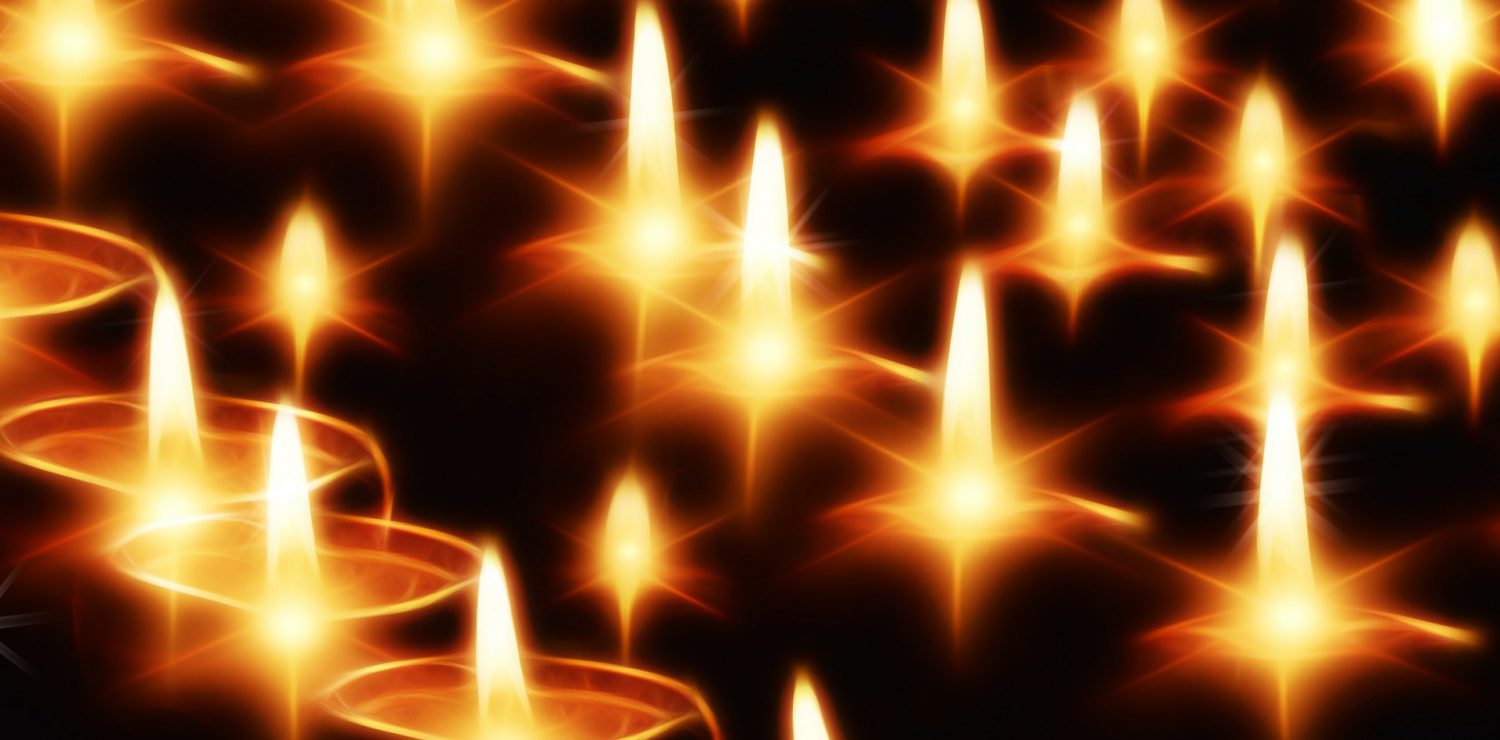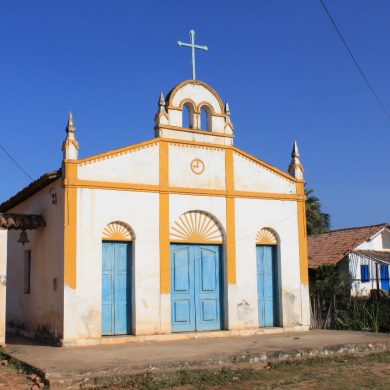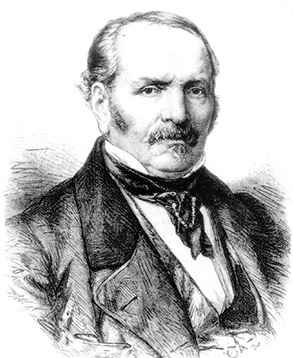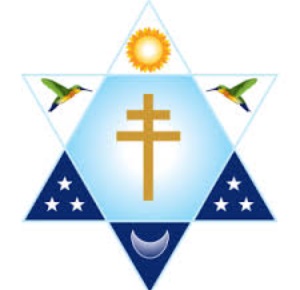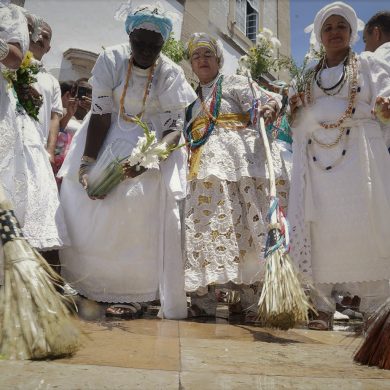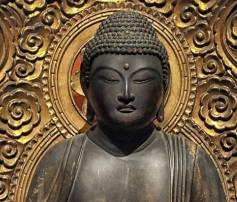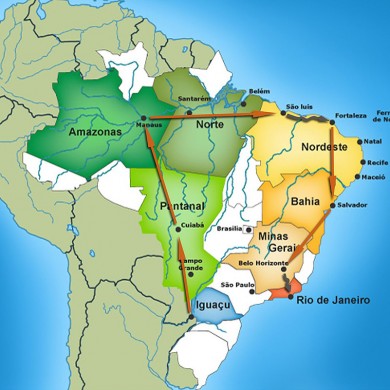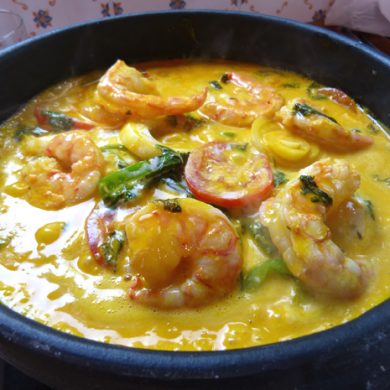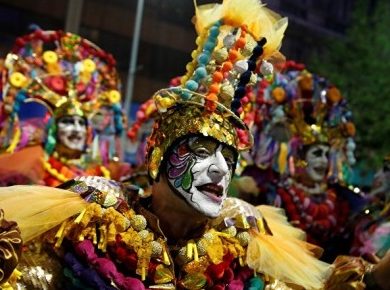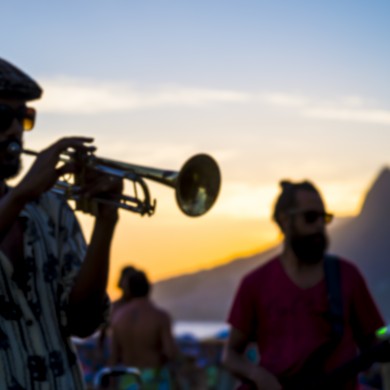In Brazil, faith is widespread and religion is part of the daily life of the vast majority of the population.
According to the last census, only 8% of the population declare themselves as without religious belief and more than 1000 different religions or beliefs were recorded. This is a dizzying figure that may leave one a little sceptical. Yet, while 65% of Brazilians define themselves as Catholics, hundreds of evangelical and other faiths emerge and disappear each year, making the Brazilian religious landscape one of the most dynamic in the world.
In Brazil, it is common to change religions several times and even to belong to several denominations at the same time according to one’s aspirations. There is therefore a market of religions so to speak, with popularity ratings that change over time.
From the traditional Roman Apostolic Catholicism to the Afro-Brazilian syncretic cult of Candomblé through to Buddhism, here we provide you with an overview on religion in Brazil.
The different religions practiced in Brazil
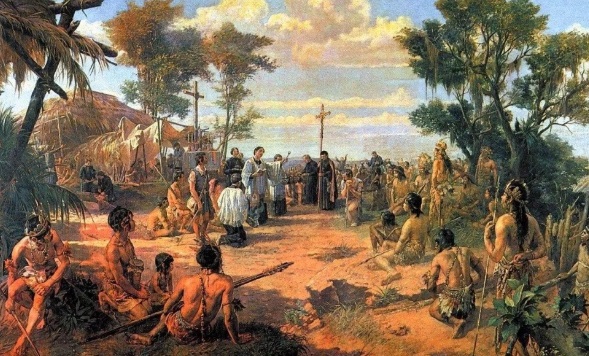
Brazil, a country with strong Christian tradition from European settlers
Colonized by the Portuguese, therefore a country with a strong Catholic tradition, Brazil has inherited this strong relationship with the Vatican throughout its history. It is now recognized as the most Catholic country in the world in terms of the number of practitioners with more than 128,000,000 people declaring themselves Catholic during the last census of 2010.
From the beginning of the colonization, the Jesuits settled throughout the country by creating evangelistic camps for the indigenous communities. Despite their expulsion by the authorities, who viewed the growing political power of this order as a potential threat, its impact was decisive in Brazil’s massive Christianization process. Thus, until the 1970s, Brazil was over 90% Catholic.
From this time, part of the population distanced itself from the Catholic tradition. People became more interested in Evangelical Protestant teachings from the Bible belt in the United States that had already been established since the nineteenth century, especially in the south of the country. In 40 years, over 20% of the population turned to these new churches, mainly the middle and upper middle classes, who were looking for less rigorous systems through which to live their spiritual lives. In no time, self-taught pastors are multiplying and countless congregations with evocative names such as the Assembly of God, Deus é amor (God is love) or the powerful Universal Church of the Kingdom of God are emerging.
All these Christian churches today are characterized by an important social dimension that is assistance to the most disadvantaged. They are also characterised by a more active participation of believers in the religious services, with many songs in the image of the North-American Gospel tradition.
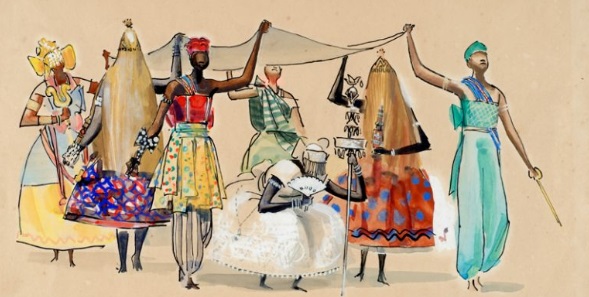
Religion in Brazil, born from a congregation of indigenous people, slaves and migrants
The contemporary history of Brazil is above all one of meetings, exchanges and assimilation, forced or not, between the Amerindians and the different waves of migrants who arrived and with them brought very spiritual beliefs.
Their descendants, often isolated in the countryside of this immense country, have, over time, exchanged knowledge and spirituality. In the same way that natives and slaves from Africa quickly became Christian under duress, they transmitted and exchanged their beliefs through myths and superstitions. From this perpetually dynamic process, often secret (being totally prohibited and heavily suppressed by the colonists), emerged new religions. They made it possible to keep the African and indigenous mythological legacies alive by hiding them behind the names of Catholic saints.
In the states of Bahia and Pernambuco, where most of the African slaves arrived, there emerged syncretic cults mixing Christianity, African and indigenous religions. Today we find them mainly through Candomblé. Very popular in these regions, it has spread throughout the country and even across borders, affecting all social classes. One of the peculiarities of this cult is the important role given to women who are often the priestesses of the “Terrero” the churches of Candomblé.
The Umbanda, a mixture of Christianity, spiritualism and the worship of the Orixas, the saints of Candomblé, is one popular fusion between different religions to form a new Afro-Brazilian denomination. This particular religious fusion attracted a lot of upper middle class white people because it is less focused on Africa.
In 1930, in the heart of the Amazon, another syncretism appeared: having met the Indians in the forest, a former rubber collector created a cult mixing Catholicism and indigenous Shamanism. The peculiarity of this cult, “Santo Daime” is to use Ayahuasca, a sacred indigenous hallucinogenic drink, as sacrament. Since 1972, the Brazilian government has recognized this practice and authorized it, having members throughout the country and around the world.
Explore Brazilian religions with African and Amerindian influences
Candomblé, the Afro-Brazilian religion Santo Daime, modern Shamanism in Brazil

Other religions in Brazil
Apart from these different practices, more or less from Christianity, which represent the majority of believers in Brazil, many other religious practices are present. On the one hand, a number of Amerindian peoples continue to practice their faith, often alongside a Christian practice. On the other hand, many communities that have arrived in large numbers have kept their cultural heritage and the main religion of their native peoples.
There is thus a discrete Jewish community since the beginning of colonization. A small Muslim community, mainly in the states of Paraná and Sao Paulo, as well as over 200,000 Buddhists, a religion that came with the Japanese a little less than 100 years ago. But also, no less than 2,250,000 Spirites, followers of the religion founded by the Lyoner Alan Kardec, fallen into oblivion in Europe but alive in Brazil!
Spiritism and other religions from elsewhere in Brazil
